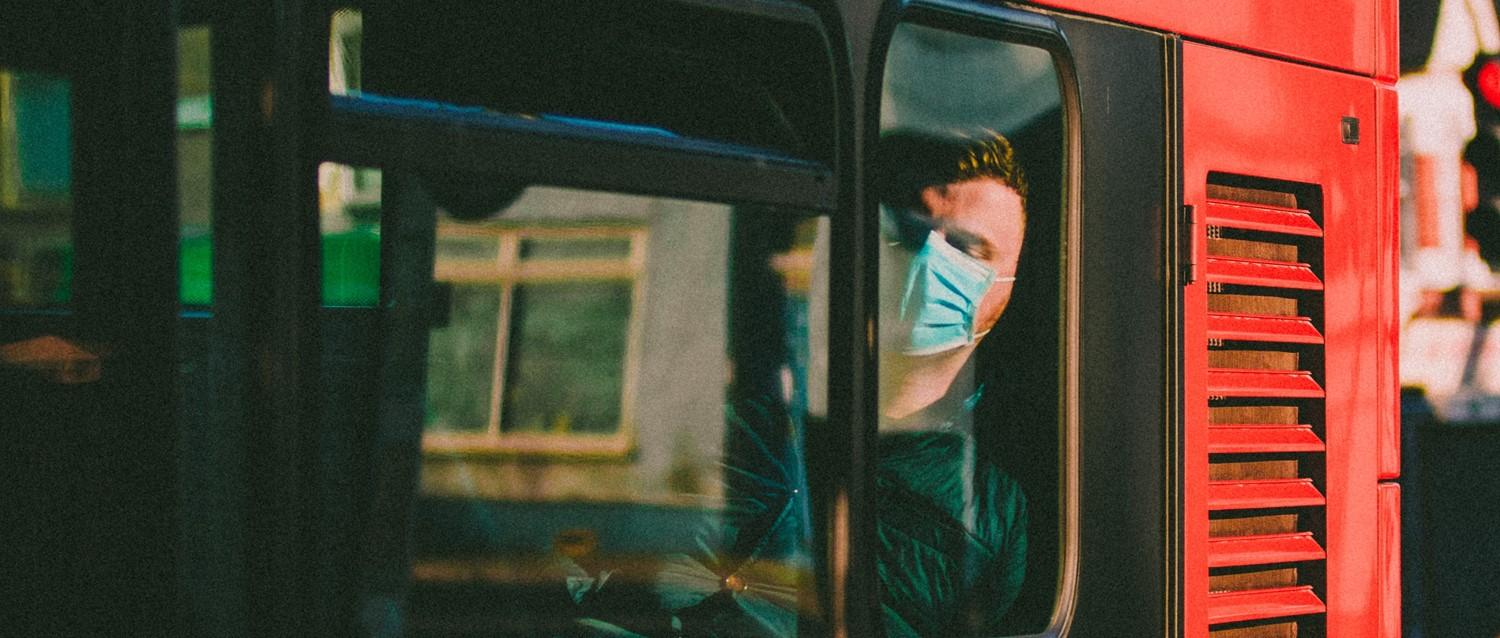
Flurona: What we know about COVID-19 and flu combined infection
Peer reviewed by Dr Sarah Jarvis MBE, FRCGPLast updated by Lydia SmithLast updated 12 Jan 2022
Meets Patient’s editorial guidelines
- DownloadDownload
- Share
- Language
- Discussion
Reports about co-infection with COVID-19 and the flu virus have been making headlines recently. Last week, Israel confirmed its first case of "Flurona" in an unvaccinated woman, but testing positive for both coronavirus and the flu is not a new phenomenon. So what do we know about combined COVID-19 and flu infection - and is it more dangerous than being infected with just one of the viruses?
In this article:
Continue reading below
What is Flurona?
Flurona is a term coined to describe the condition of being infected with COVID-19 and flu at the same time. "We call this a 'mixed infection' and it happens with other pathogens as well. I know of several cases reported recently in the US and abroad," says Rodney E. Rohde, a professor of clinical laboratory science and an infectious disease specialist at Texas State University.
"In the US I've seen it documented in a Kansas case with the patient being in the Intensive Care Unit. It has also shown up in a Mississippi man, a Texas child and a California teen with less serious to mild illness and symptoms."
People have been getting infected with both COVID-19 and flu simultaneously since the start of the pandemic. From late January to late March 2020, researchers in China found almost 100 cases of patients testing positive for both illnesses in Wuhan. In May 2020, researchers in Barcelona published a paper in The Lancet describing four people who had both illnesses.
With cases of COVID-19 rising rapidly in the UK due to the easily transmissible Omicron variant, there are reportedly more cases of people being infected with both viruses. According to the latest Government data, Northern England is seeing a particular rise in COVID-19 cases. However, according to the latest report from the UK Health Security Agency, flu remains at low levels, according to metrics including hospital admissions.
Can catching COVID-19 and flu at the same time make you more unwell?
At the start of the pandemic, data collected in England suggested that people infected with both flu and COVID-19 were more than twice as likely to die as someone with the COVID-19 alone. An analysis by Public Health England of cases from January to April 2020 found that people with the two viruses were more at risk of severe illness. Most cases of co-infection were in older people and more than half of them died.
However, it's important to note that at this time, COVID-19 vaccines were unavailable to the public. Additionally, cases of COVID-19 and flu co-infection appeared to be rare. Of the 19,256 people analysed for the study, 56 people were found to have both illnesses. A separate study in New York City found that only 36 of 1,200 COVID-19 patients had other respiratory viruses such as those that cause flu or the common cold at the same time.
"I and most experts believe it is not very common. There are really no national or global data to put a number on it currently," explains Rohde.
"There may have been more cases of mixed infections at the beginning of the pandemic for the simple reason that there was more flu virus in circulation in early 2020. Thankfully, flu infections were at an all-time low last year. We will be following influenza incidence and prevalence closely in 2022 to see if it rebounds to pre-pandemic rates."
Continue reading below
Impact of vaccinations
With COVID-19 vaccines now widely available, getting infected with both COVID-19 and the flu doesn't necessarily mean you will become more unwell. COVID-19 vaccinations are providing good protection against severe illness and hospitalisation, particularly if you have a booster as well as your primary course of vaccination. A recent study in the journal Cell found that having a booster achieved "potent" protection against becoming seriously unwell with Omicron.
"Like the Centers for Disease Control and most experts recommend, I believe it is critical to be vaccinated for both of these infections - flu and COVID-19. One of the headaches with these two pathogens (and many respiratory agents) is that they can cause many of the same signs and symptoms."
Therefore, it's important to get a COVID-19 test if you have any common cold or flu-like symptoms.
Who is most at risk from Flurona?
Unvaccinated adults are at greater risk of contracting COVID-19 and becoming very unwell from it. People who refuse to have COVID-19 vaccines may also be less likely to have the flu jab too, which can leave them susceptible to both viruses. The best way to protect yourself from both COVID-19 and flu is to be fully vaccinated against both.
You can get a COVID-19 vaccine if you're aged 16 or over. A booster dose of the COVID-19 vaccine is available for everyone aged 18 and over. It is also available to some people aged 16 and over who have had two doses of the vaccine at least three months previously.
Children under the age of 12 who are too young to get vaccinated against COVID-19 may be more likely to contract the virus. Additionally, people who are already vulnerable, such as those with underlying health conditions or the elderly, may become more unwell if they have COVID-19 and flu at the same time.
Continue reading below
Who is eligible for a COVID-19 or flu vaccine?
All children aged 12 to 15 can get a first and second dose of the COVID-19 vaccine and a third dose is being offered to people aged 12 and over who had a severely weakened immune system when they had their first two doses - for example, those who had or have a blood cancer such as leukaemia.
The flu vaccine is given free on the NHS to people who are 50 and over, have certain health conditions, are pregnant, are in long-stay residential care or are the main carer for an older or disabled person.
You can also get your flu jab for free if you live with someone who is more likely to get infections (such as someone who has HIV or is having certain treatments for cancer) or if you are a frontline health or social care worker. If you are not eligible for a free flu vaccine on the NHS, some pharmacies are offering the jab for a fee of around £15 - you can find details of pharmacists offering the vaccine and book an appointment online at Patient Access.
Patient picks for General information

COVID-19
How to reduce your risk of coronavirus on public transport
As lockdown restrictions continue to be eased across the country, more and more people are using public transport again. But for many this is an anxious experience, especially after so many months of avoiding tubes, trains and buses.
by Andrea Downey

COVID-19
Is it COVID-19 or flu this winter?
Cases of flu and COVID-19 are both on the rise this winter, so how can you tell the difference between these viruses? Knowing which illness you're dealing with can help you to protect others and may help you get better quicker.
by Lawrence Higgins
Continue reading below
Article history
The information on this page is peer reviewed by qualified clinicians.
12 Jan 2022 | Latest version
12 Jan 2022 | Originally published

Ask, share, connect.
Browse discussions, ask questions, and share experiences across hundreds of health topics.

Feeling unwell?
Assess your symptoms online for free
Sign up to the Patient newsletter
Your weekly dose of clear, trustworthy health advice - written to help you feel informed, confident and in control.
By subscribing you accept our Privacy Policy. You can unsubscribe at any time. We never sell your data.